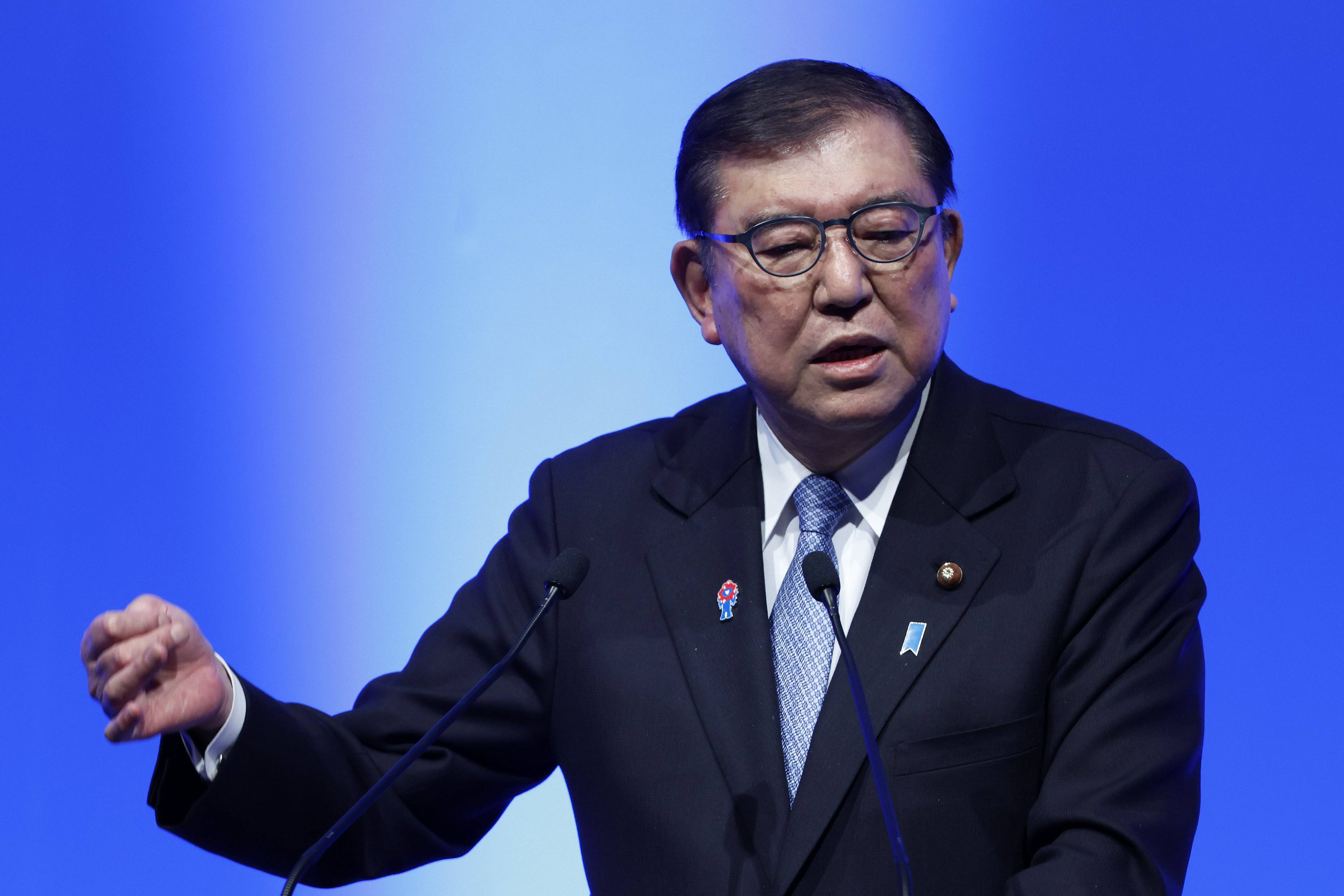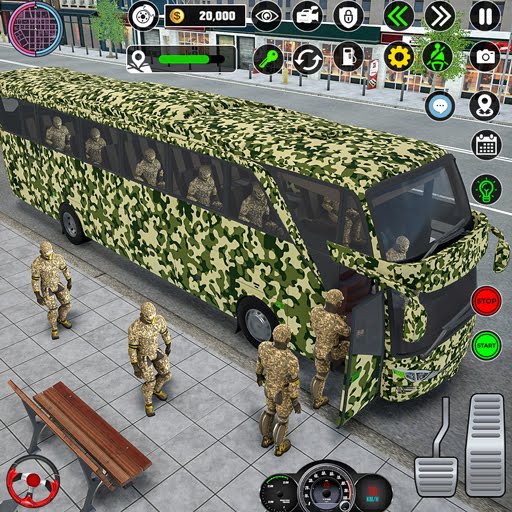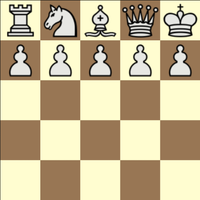Shigeru Ishiba, the Prime Minister of Japan, addressed concerns about Ubisoft's Assassin's Creed Shadows during a recent government conference meeting. Contrary to some reports, his response was not a direct attack on the game or its developer but rather a nuanced discussion about cultural respect and legal considerations.
IGN, in collaboration with IGN Japan, provided an accurate translation and context for the exchange. This comes at a time when Ubisoft has issued multiple apologies for aspects of Assassin's Creed Shadows and its marketing that have upset some in Japan. The game, set in Feudal Japan, has been criticized for its historical inaccuracies, leading Ubisoft to clarify that it is meant to be a work of historical fiction rather than a factual representation. Despite consulting with historians and external experts, Ubisoft acknowledged that some promotional materials caused concern, prompting further apologies.
One specific issue was the unauthorized use of a flag from a Japanese historical re-enactment group in the game's artwork, for which Ubisoft apologized. Additionally, collectible figure maker PureArts removed an Assassin's Creed Shadows statue from sale due to its depiction of a one-legged Torii gate, which was deemed offensive by some. Torii gates hold significant cultural and religious importance in Japan, and the one-legged gate is particularly notable at the Sannō Shrine in Nagasaki, near the site of the World War II atomic bomb explosion.
Amidst these controversies, Ubisoft is set to launch Assassin's Creed Shadows globally, with particular scrutiny in Japan and among some Western fans regarding its portrayal of the country. The question about the game was raised by Japanese politician Hiroyuki Kada, who expressed concerns that the game's depiction of attacking real-world locations could encourage similar behavior in reality. He emphasized the need to respect local cultures while acknowledging the importance of freedom of expression.
Prime Minister Ishiba responded by highlighting the need for legal discussions with relevant ministries, including the Ministry of Economy, Trade and Industry, the Ministry of Education, Culture, Sports, Science and Technology, and the Ministry of Foreign Affairs. He stressed that defacing shrines is unacceptable and an insult to the nation, drawing a parallel to the cultural sensitivity training provided to Japanese Self-Defense Forces deployed in Samawah, Iraq.
 Shigeru Ishiba, the Prime Minister of Japan, addressing the concerns about Assassin's Creed Shadows. Photographer: Kiyoshi Ota/Bloomberg via Getty Images.
Shigeru Ishiba, the Prime Minister of Japan, addressing the concerns about Assassin's Creed Shadows. Photographer: Kiyoshi Ota/Bloomberg via Getty Images.
The context of this discussion is set against Japan's recent surge in international tourism, driven by the country's reopening after the pandemic and the weak yen. Politician Hiroyuki Kada linked his concerns about Assassin's Creed Shadows to the broader issue of "over tourism" and increased vandalism in Japan. He suggested that the game's portrayal of violence and defacement could inspire similar actions among tourists.
Prime Minister Ishiba's response was focused on potential real-life consequences rather than the game itself, emphasizing the importance of cultural respect. The shrine depicted in the game's videos, Itatehyozu Shrine in Himeji, Hyogo Prefecture, is within Kada's constituency, and he noted that Ubisoft did not seek permission to use its name and image.
Vice Minister of Economy, Trade and Industry Masaki Ogushi indicated that government agencies would collaborate if the shrine sought consultation, though the likelihood of any specific action remains unclear. Ubisoft, on its part, appears to have taken proactive steps to address these concerns, with a day-one patch planned to make in-game shrine objects indestructible and reduce depictions of violence in sacred spaces.
News of this patch emerged in Japan, but Ubisoft's western operations have yet to confirm it. According to Automaton, the patch will also remove blood depictions when attacking unarmed NPCs. IGN has reached out to Ubisoft for further details on this patch and its regional specificity.
Assassin's Creed Shadows faces significant pressure to succeed globally for Ubisoft, especially after delays and the commercial underperformance of Star Wars Outlaws. The company has faced numerous challenges, including high-profile flops, layoffs, studio closures, and game cancellations leading up to the release of Assassin's Creed Shadows.
IGN's review of Assassin's Creed Shadows awarded it an 8/10, praising the game for refining its open-world mechanics and delivering one of the best iterations in the series to date.















